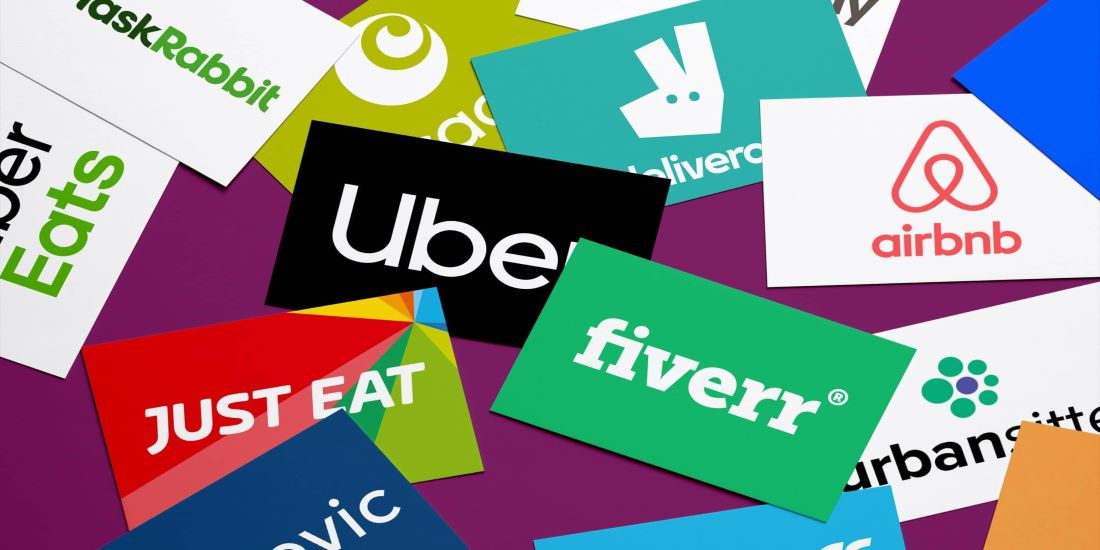The gig economy refers to the growing trend of short-term, flexible work arrangements that allow individuals to work on a project-by-project basis. The rise of the gig economy has disrupted traditional employment models, creating opportunities for people to make money on their own schedule.
However, this novel approach to work has also raised concerns about employee exploitation.
This blog post aims to explore both sides of the argument and provide an objective perspective on the gig economy.
Benefits of the Gig Economy
The gig economy has brought with it numerous benefits for employees. Here are some of them:
-
Flexibility
For many people, one of the main draws of working in the gig economy is the flexibility it affords. Gig workers can set their own hours, choose the projects they work on, and negotiate their pay rate. This level of autonomy is particularly appealing to those who value work-life balance or have other commitments, such as caring for children or pursuing education.
-
Diversity of opportunities
The gig economy allows workers to pursue different types of work, from writing to marketing to programming and beyond. This variety can keep work interesting and challenging, as well as provide exposure to different industries. Additionally, the gig economy can provide opportunities for those who might lack experience or credentials to gain crucial industry exposure.
-
Higher earnings
Some people in the gig economy make more money than they would in traditional employment. For instance, a freelance writer who charges $50 per hour can make more money than someone with a salaried writing position.
Exploitation in the Gig Economy
Despite the benefits of the gig economy, it also carries some risks. Here are some ways gig workers can be exploited:
-
Low pay
Some gig jobs pay very little, and even the highest paying gigs can be inconsistent. As a result, many gig workers struggle to make ends meet. Without a steady income stream, gig workers are particularly vulnerable to economic shocks, such as medical emergencies or car breakdowns.
-
Absence of Benefits
Most gig workers are classified as independent contractors, which means they are not entitled to employee benefits like healthcare, retirement savings plans, and paid vacation. This lack of benefits can place an enormous strain on workers, especially those who have families to support.
-
No Employment Security
In the gig economy, workers are not guaranteed job security or the usual protections that come with a regular job. Jobs are often arranged on a contract basis, and if one project is completed, there is no guarantee that there will be another one. This can make it challenging for gig workers to plan their finances and make longer-term decisions.
-
No legal protections
Gig workers are not afforded the same legal protections that are available in traditional employment. This includes things like the right to organize and bargain collectively, protection from discrimination, and workers’ compensation. In some cases, employers misclassify gig workers as independent contractors to avoid paying taxes and other employment-related expenses.
Conclusion
The gig economy is neither entirely beneficial nor entirely exploitative. The gig economy can offer opportunities for flexibility, diverse work opportunities, higher earnings, and industry exposure. However, gig workers are also exposed to low pay, absence of benefits, employment insecurity, and no legal protections.
Therefore, it is essential for policymakers to consider the impact of the gig economy on workers, consumers, and the broader economy. In particular, policymakers must address the challenges gig workers face by advocating for better pay, benefits, and legal protections.
Additionally, businesses employing gig workers must be held accountable for complying with employment regulations and treating workers with dignity, respect, and fairness.
Finally, gig workers themselves need to take steps to protect their interests by advocating for their rights, organizing, and seeking out collective bargaining options. The best way to ensure a future for gig work that benefits both employers and employees is by establishing conditions of work that offer fair play to all parties involved.


